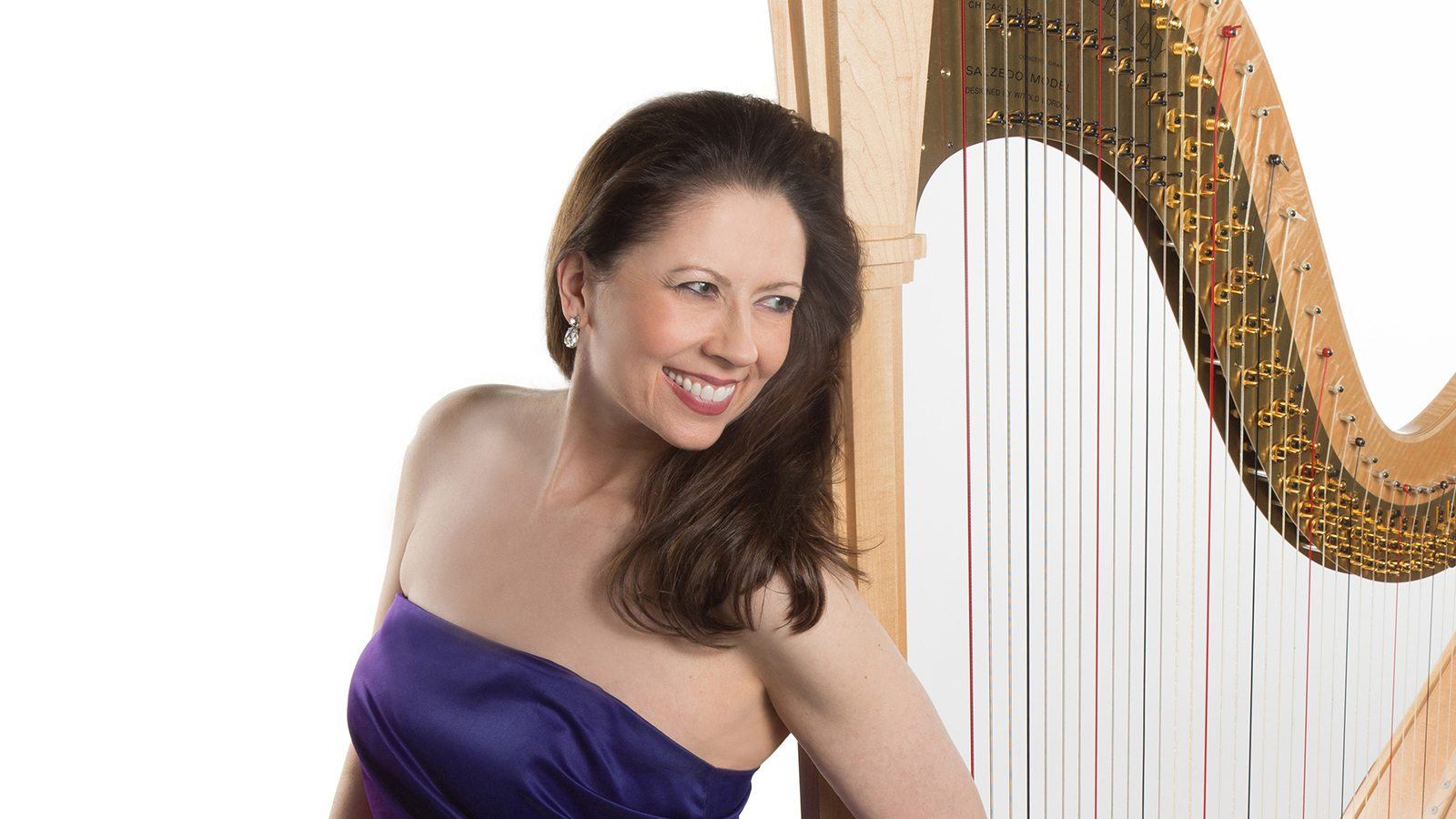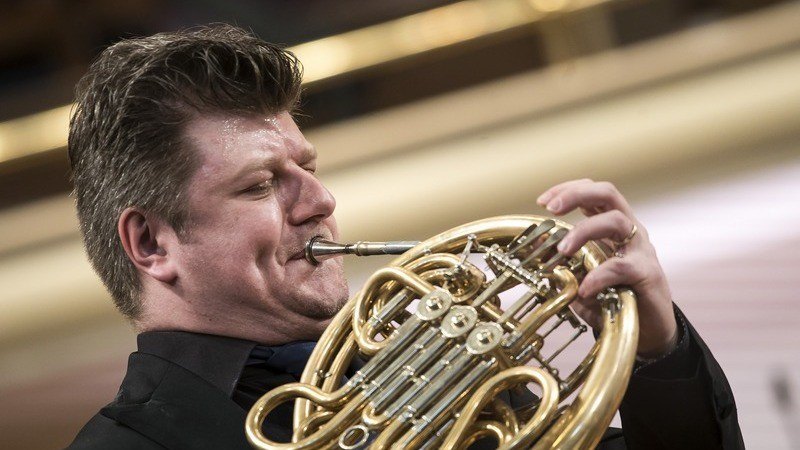New Release: RPO’s “American Rapture” Features Music of Higdon, Barber, and Harlin
The Rochester Philharmonic Orchestra and Music Director Ward Stare have released a new album of American music on the Azica label. American Rapture contains two world premiere recordings—Jennifer Higdon’s Harp Concerto (2018) featuring the American harpist Yolanda Kondonassis, and Patrick Harlin’s Rapture (2011), an orchestral showpiece inspired by the terrifying and awe-inspiring exploration of the world’s deepest caves. In between these youthful pieces is Samuel Barber’s Symphony No. 1, a monumental mid-twentieth century work which unfolds in a single …







